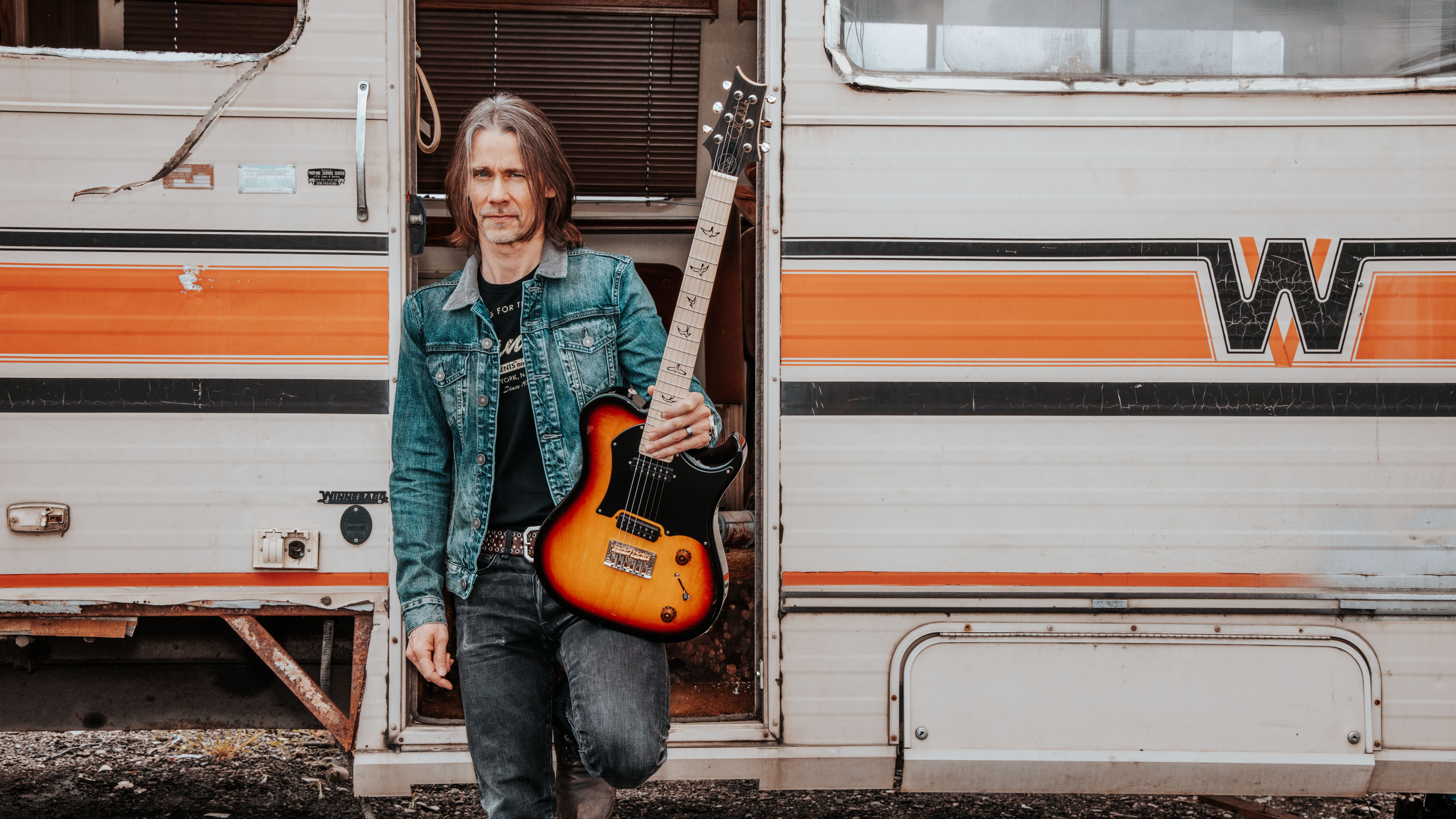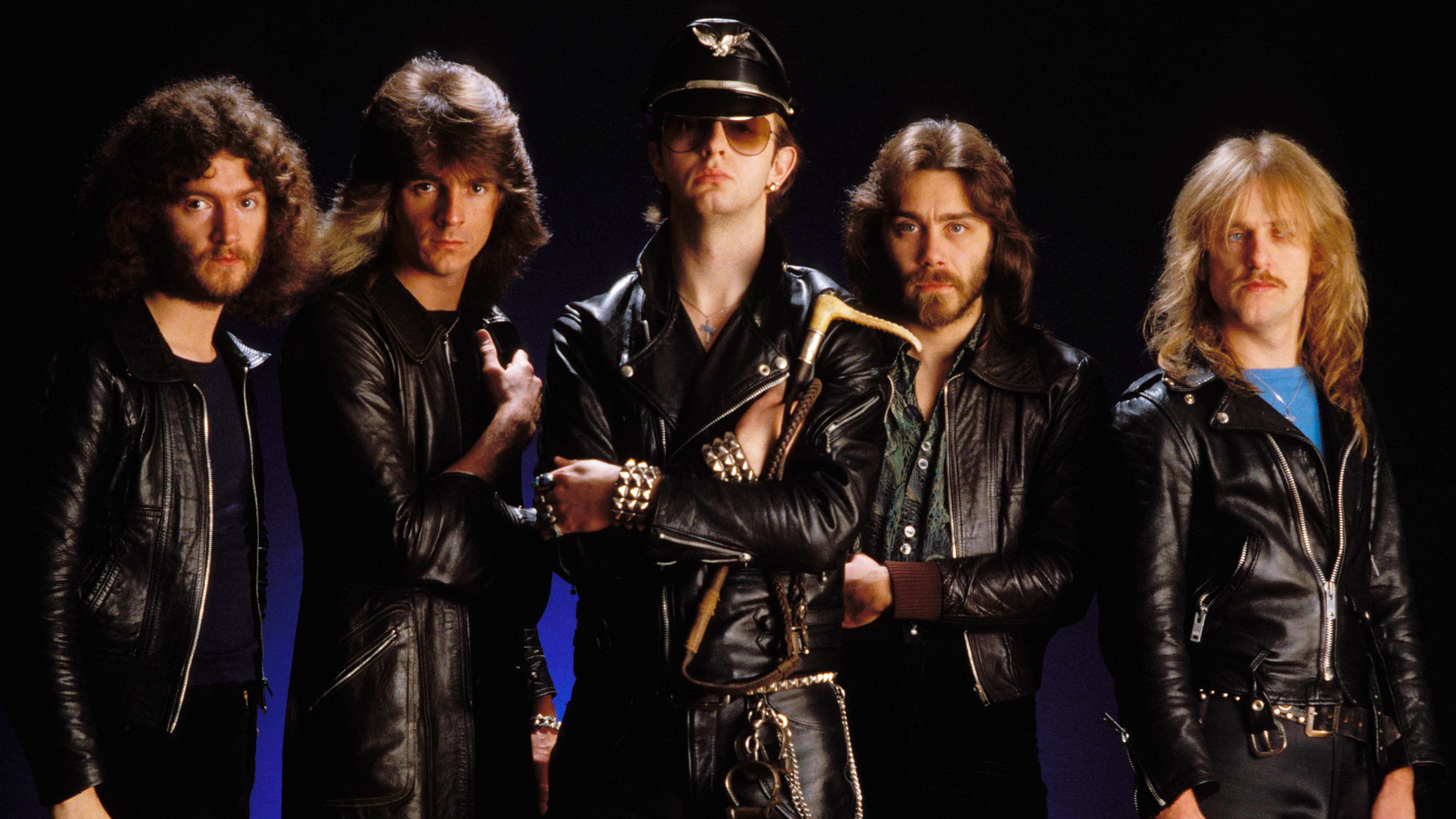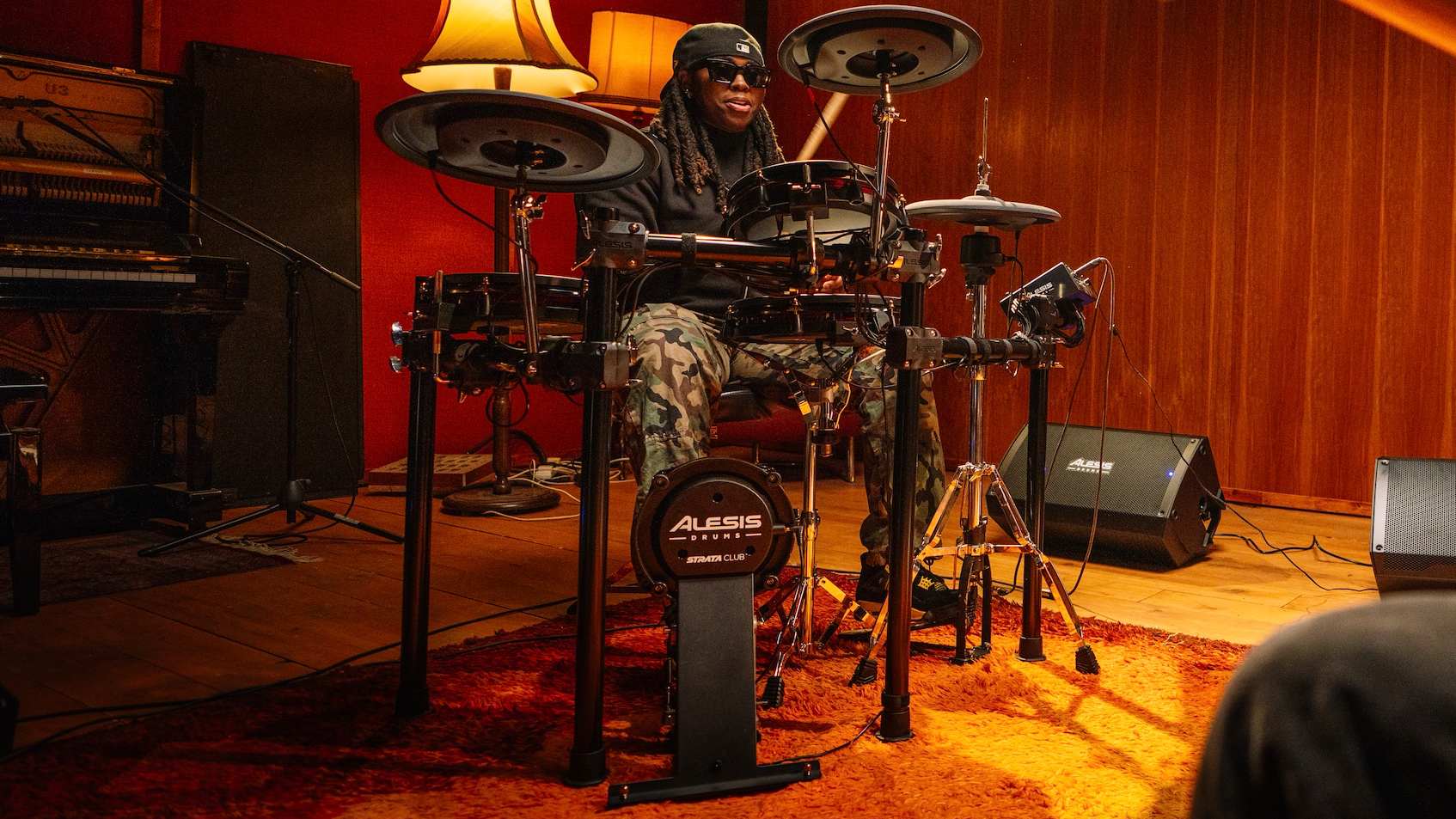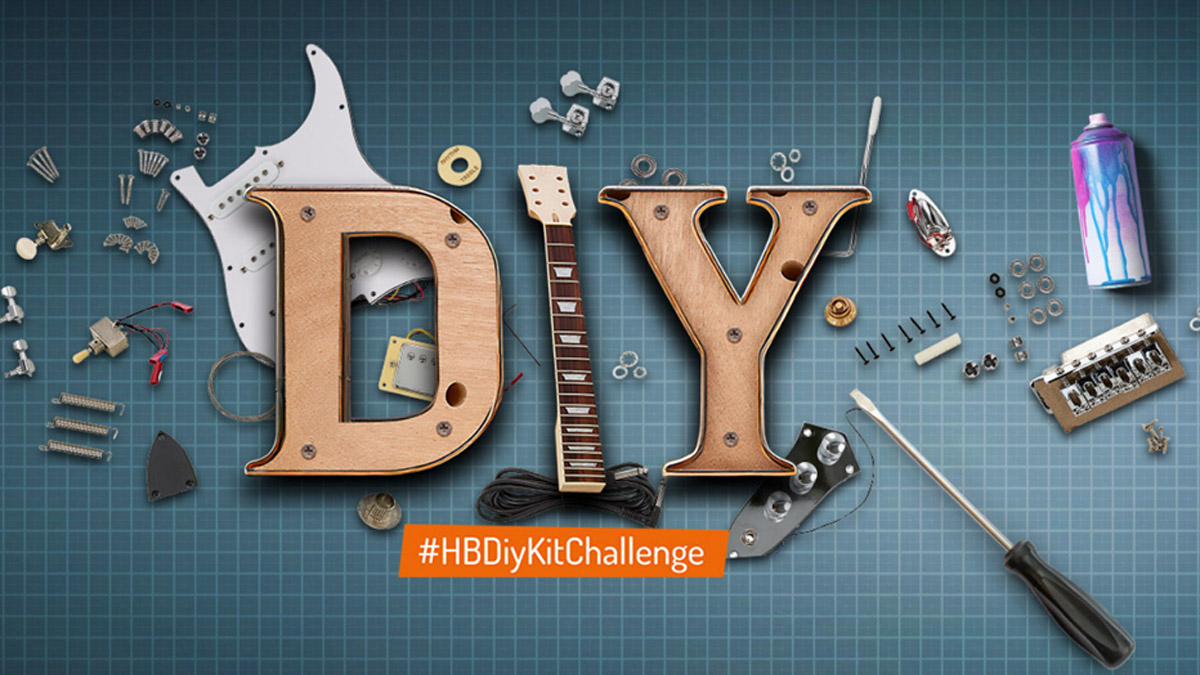“I feel like I’m not even making a record - I’m just tuning guitars!”: Myles Kennedy and Devin Townsend talk gear ahead of their joint tour
Devin’s advice: “Try the Evertune system”

Myles Kennedy and Devin Townsend team up for a UK and Ireland tour this month - beginning in Glasgow on 24 November. And ahead of the tour they’ve been talking to MusicRadar about their gear choices.
The gear they swear by seems to fall in polar opposite categories – Myles sticking with the more traditional approach of his T-style PRS signature into Diezel handwired valve amps, and Devin with his Fishman Fluence and Evertune bridge-loaded Framus signature feeding into his trusty digital Axe-FX.
Gear-wise, you’re quite different…
Devin: “I like digital because I’m pragmatic when working. There’s so much that needs to be done in a consistent and articulate way. It’s the best solution for how I work, and it works in a way that I find very elegant. That being said, my favourite amp I’ve got is a 1964 Silverface Champ which sounds great with my really old Telecaster. I have a Bad Cat combo that’s also really nice, too. I like it all. My connection to gear specifically from a compositional aspect comes down to what’s the most efficient.”
And digital gear is certainly that.
Myles: “I would have to agree. And it’s definitely working for you, Devin. I was listening to your new album wondering what you were using to get those sounds. And it’s all amp emulation?”
Devin: “It is. But the digital gear is factored into the compositions. On the last couple of records I worked with a producer for the first time in a while. He was convinced we just needed to find the right amplifier. We rented this really nice studio and brought in 12 different boutique heads with a line of cabinets which we isolated going into the Neve. And what I realised is that the sonic footprint of a real amplifier is so full-range that it might not work as well for me. Because of my compositions, a lot of it comes down to how things slot into each frequency.”
Get the MusicRadar Newsletter
Want all the hottest music and gear news, reviews, deals, features and more, direct to your inbox? Sign up here.
So you find real amps can almost sound too big?
Devin: “Precisely. The space where vocals, cymbals and certain synths exist can get invaded by the overwhelming amount of harmonic content coming from a real amp. When recording an actual amplifier, we started having to use high pass and low pass filters. All that was left was this certain midrange that wasn’t congruent with the composition. But when I used digital, after all this rigmarole – because fortunately I’d recorded DIs – the sonic footprint of my Axe-FX presets were like a smaller version of a real amp. They would fit into the frequency range and sound better within the music than an actual amp. It’s not that digital sounds better. It’s just that real amps have a lot of irreverent frequencies for my compositions. A lot of it doesn’t work well with what I do.”
Myles: “That makes total sense. Because of the density of your productions, everything has to have its place.”
But on Myles’ solo albums there’s more space for guitars, right?
Myles: “Yeah! With what I’m doing, especially with this new solo record, it was done as a power trio. There was all that space that needed to be filled by an analogue amp. But yeah, I’d never thought about what Devin just said until now.”
Devin: “It was trauma-inspired, too because we had to really try everything. I didn’t want to assume one was better than the other. It’s subjective of course and per case. Music with orchestras and synths will have different requirements to something like my Casualties Of Cool project, which I did with that Fender Princeton, my Telecaster and a single microphone. It sounded beautiful for that stuff, but yeah... it’s case-by-case. One thing I noticed about your record, and it’s an odd thing to say, but your guitars on some of the intros sounded so in tune. I was so thankful!”
Myles: “For sure! A lot of that is Elvis [producer Michael ‘Elvis’ Baskette]. He makes me tune so much I feel like I’m not even making a record, I’m just tuning guitars!”
Devin: “Have you tried the Evertune system?”
Myles: “No...”
Devin: “Okay, so every guitar I have has that system. It’s a physical set of springs that you retrofit onto your guitars. I’ve got them on Telecasters, Les Pauls, everything. The guy who created it is called Cosmos [Lyles] and there’s no person I know more fitting of that name. You set your guitar intonated and in tune, then lock it with an Allen key. You can fly anywhere, play outside in a storm or bend to the point where it should be screwing up. Brother, I never tune in the studio anymore! When recording, you just tune once. It has a different feel for leads, granted. So when I’m doing solos, I might use a regular bridge.”
Amit has been writing for titles like Total Guitar, MusicRadar and Guitar World for over a decade and counts Richie Kotzen, Guthrie Govan and Jeff Beck among his primary influences. He's interviewed everyone from Ozzy Osbourne and Lemmy to Slash and Jimmy Page, and once even traded solos with a member of Slayer on a track released internationally. As a session guitarist, he's played alongside members of Judas Priest and Uriah Heep in London ensemble Metalworks, as well as handling lead guitars for legends like Glen Matlock (Sex Pistols, The Faces) and Stu Hamm (Steve Vai, Joe Satriani, G3).










